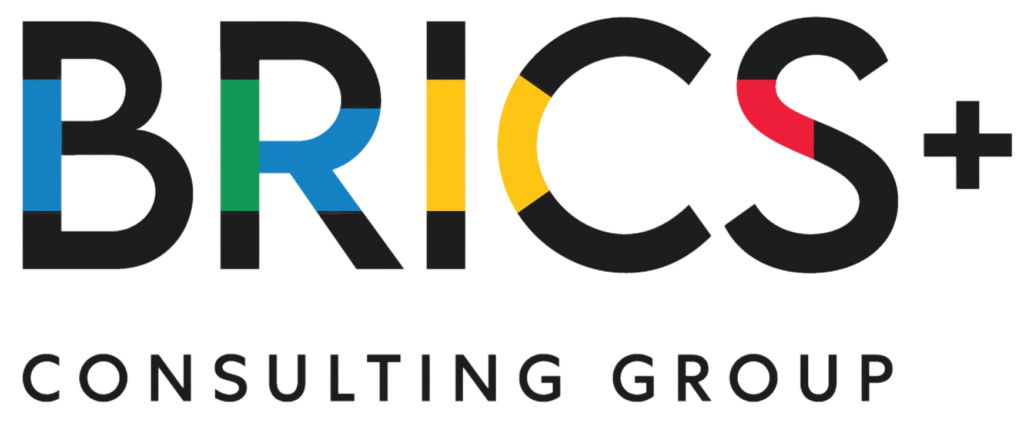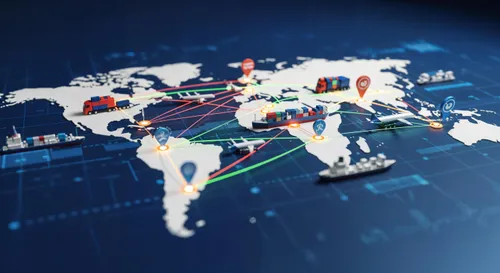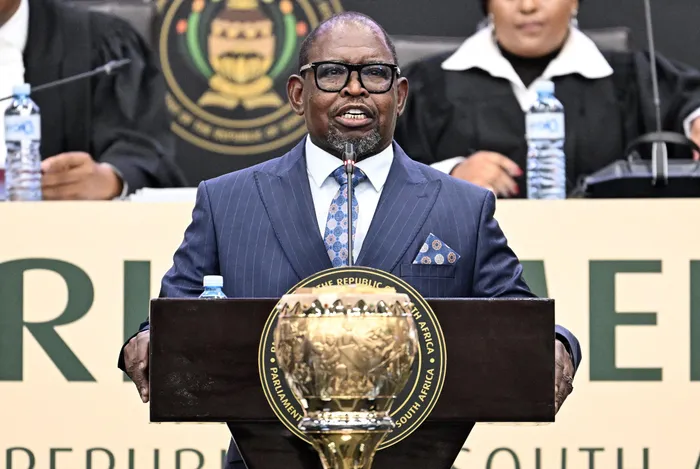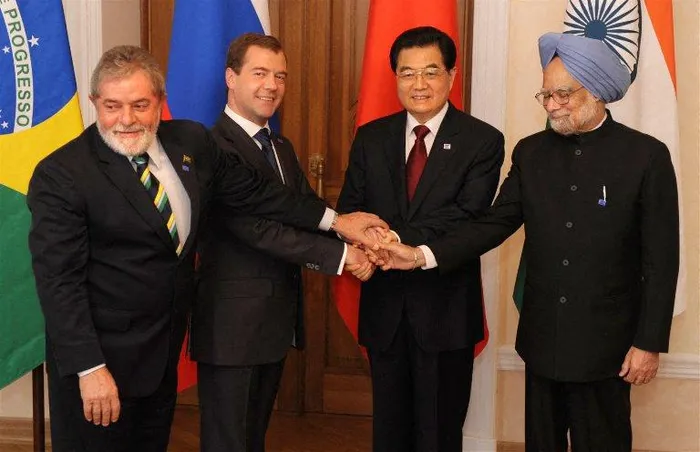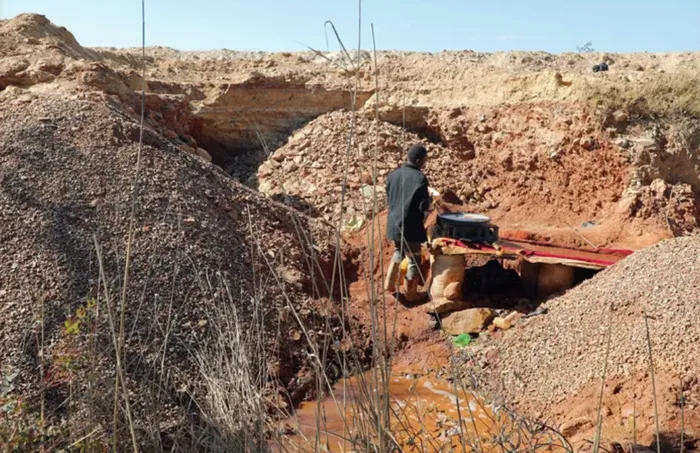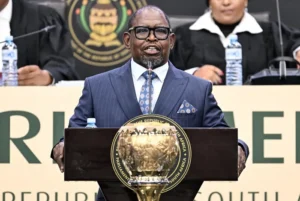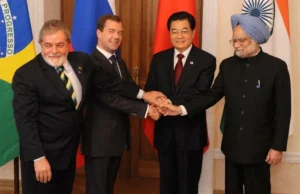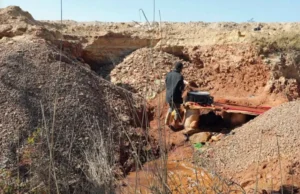As global power structures evolve and traditional alliances shift, Africa is forging increasingly strategic ties with the Middle East, ushering in a new era of south–south cooperation, diversified partnerships, and multipolar diplomacy. A growing number of African financial institutions and governments are actively engaging with the Gulf, not merely as a funding source, but as a long-term partner in trade, logistics, and infrastructure development.
Finance as the New Frontier of Cooperation
Kenya’s largest lender, Equity Group Holdings, is preparing to establish a base in the United Arab Emirates (UAE) by the end of 2025. The group is currently in the final stages of obtaining regulatory approval. According to CEO James Mwangi, the UAE presents a valuable gateway to capital and investment opportunities for African businesses.
“The Middle East holds deep capital reserves, robust trade logistics, and a well-established investment ecosystem,” Mwangi stated. Equity’s move reflects a broader trend, as other major African banks such as Absa Group, Standard Bank, and the United Bank for Africa (UBA) also expand their operations into the Gulf to engage directly with investors eyeing Africa’s fast-growing markets.
Trade Deals and Infrastructure: Expanding the Scope
One key example of deepening bilateral cooperation is the Kenya-UAE Comprehensive Economic Partnership Agreement (CEPA). The deal is expected to boost Kenyan food exports, enhance supply chain integration, and attract capital into priority sectors such as logistics, manufacturing, and agri-business.
At the same time, Middle Eastern companies are looking to play a larger role in Africa’s infrastructure upgrade. Notably, Etihad Rail has expressed interest in participating in the development of Africa’s railway network—signalling the Gulf’s growing involvement in Africa’s physical and logistical transformation.
According to the African Development Bank, the continent requires an estimated US$402 billion annually to meet its development targets. Areas such as energy, housing, education, water and sanitation, and digital infrastructure are all high-priority investment fields. Strategic collaboration with Gulf states will be key to bridging this financing gap.
The Middle East as a “Third Way” in a Multipolar Order
What sets Gulf states apart, particularly for African nations, is their ability to offer a “third way”—a development partnership that does not force alignment with either Western powers or China. As John Manners-Bell, CEO of Transport Intelligence Insight, notes, many African leaders view Gulf countries as balanced actors who offer pragmatic solutions, rather than politically charged aid or investment.
This non-aligned approach resonates strongly in an increasingly multipolar world, where influence is no longer centralised in one or two global capitals. The Middle East, especially the UAE and Saudi Arabia, is becoming a vital diplomatic and economic partner, giving African governments more leverage and strategic choice.
BRICS+ and the Rise of South–South Alliances
The evolving BRICS+ framework offers a timely and powerful platform for formalising and deepening these relationships. With new entrants such as Saudi Arabia and the UAE joining existing members like South Africa and Egypt, the bloc is gradually becoming a more representative voice of the Global South.
BRICS+ may serve as a vehicle to align African development goals with Gulf capital and logistical capacity, enabling joint responses to shared challenges such as climate adaptation, infrastructure development, youth unemployment, and industrialisation.
What we are witnessing is more than just diplomatic engagement or bilateral deals. The Africa–Middle East partnership reflects a world that is becoming less binary and more plural—one where African nations are not simply reacting to global trends, but actively shaping them. In this emerging multipolar order, Africa is taking its place not as a passive recipient of influence, but as a co-architect of global transformation.
Written by:
*Dr Iqbal Survé
Past chairman of the BRICS Business Council and co-chairman of the BRICS Media Forum and the BRNN
*Chloe Maluleke
Associate at BRICS+ Consulting Group
Russian & Middle Eastern Specialist
**The Views expressed do not necessarily reflect the views of Independent Media or IOL.
** MORE ARTICLES ON OUR WEBSITE https://bricscg.com/ (https://bricscg.com/)
** Follow @brics_daily (https://x.com/brics_daily) on X/Twitter & @brics_daily (https://www.instagram.com/brics_daily/) on Instagram for daily BRICS+ updates
